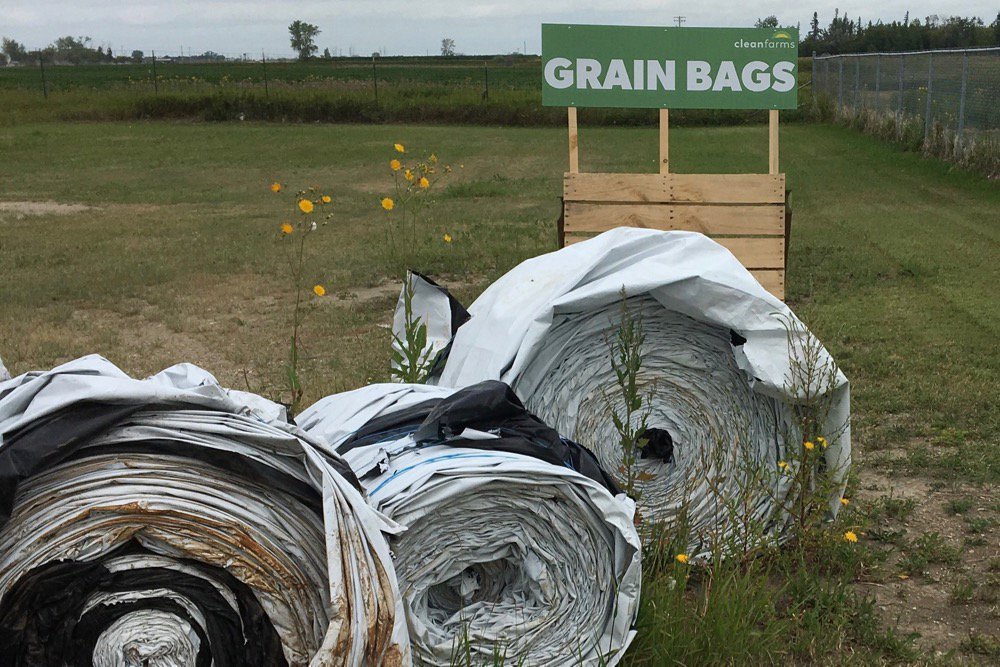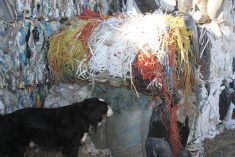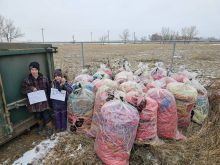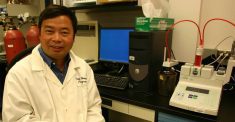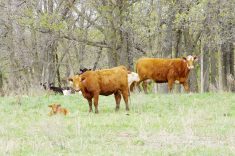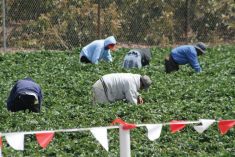Many landfills don’t want it and you’re not supposed to burn it — so what do you do with old grain bags and twine?
That vexing question led to the creation of the Agricultural Plastics Recycling Group and, now, a $1-million, three-year pilot project that will see about 20 ag plastic recycling depots set up across the province. The group consists of reps from producer organizations such as Alberta Beef Producers and Alberta Barley as well as from industry, academia, retailers, and municipalities.
One of its most enthusiastic members is the executive director of the Alberta Plastics Recycling Association.
Read Also
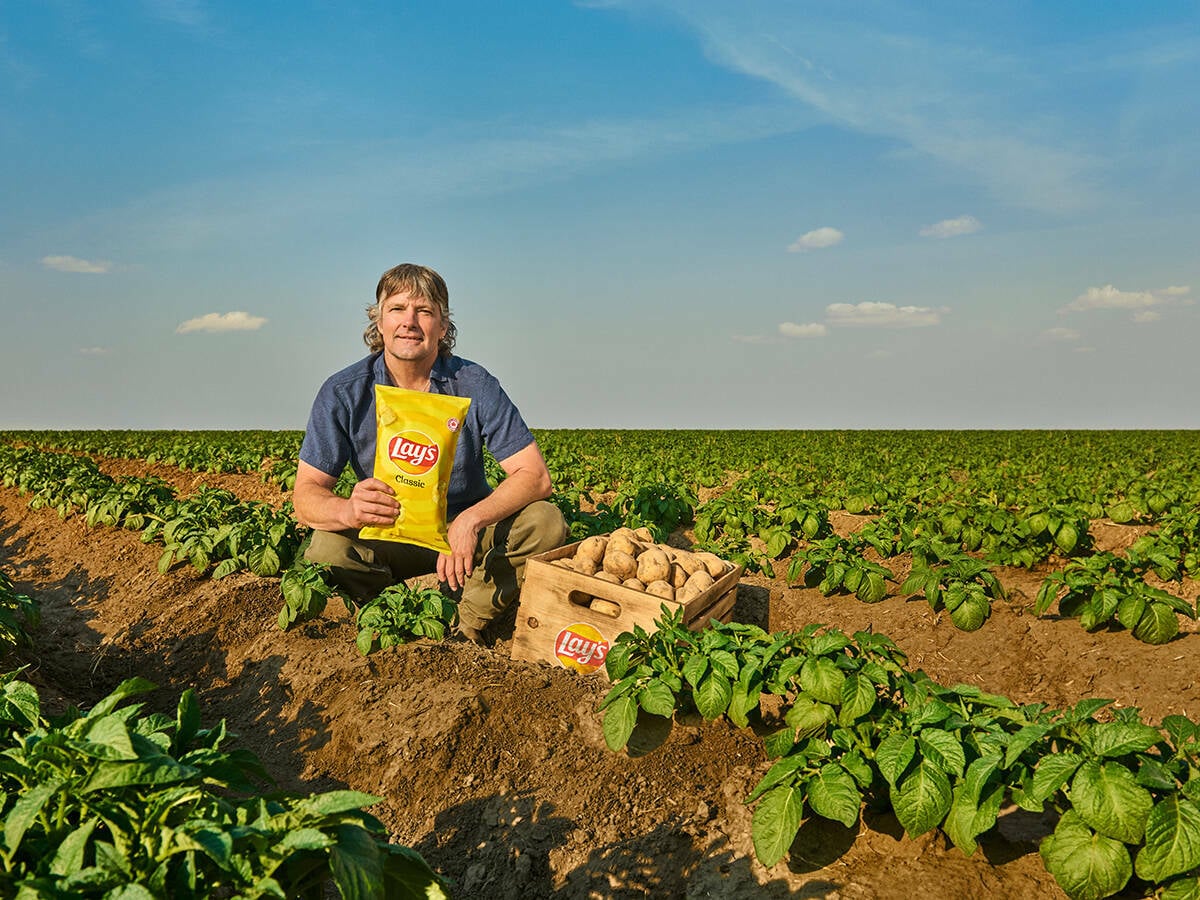
Alberta farmer invited to World Economic Forum
Southern Albertan farmer’s regenerative agricultural practices featured on panels at Davos where nations come together in partnership.
“It’s been a passion of mine — seeing the piles and piles of plastic — (and) knowing that a lot of the management for those materials thus far has been to burn those materials,” Tammy Schwass said at Alberta Beef Producers’ recent semi-annual meeting.
A 2012 study found most producers get rid of the plastic waste by burning it. But that’s definitely a bad idea — both for the environment and anyone downwind of the smoke.
“It’s actually illegal to burn any plastics on farm,” said Schwass. “The health hazards of the dioxins coming out of the plastic are not meant to be dealt with in that way.”
Schwass and other members of the Agricultural Plastics Recycling Group spent the last two years pitching the merits of a recycling program.
“There was a lack of engagement from the government and we weren’t getting a lot of response,” said Schwass. “We decided to start from the ground up and go there.”
The effort paid off this winter when the former NDP government approved a pilot.
“In January, we heard from the government that it had approved the pilot project for a million dollars and it’s just starting off with grain bags and twine,” said Schwass.
Another study, done in 2013, found that twine comprises 45 per cent of ag plastic waste, followed by silage plastic (18 per cent), grain bags (12 per cent), net wrap (six per cent), pesticide containers (six per cent), and propylene totes (three per cent).
“Part of our plan is to look at updating these numbers for 2019 to assess where we are in terms of how much plastic we’re at and what we’re dealing with in terms of what is out there,” she said.
Starting with grain bags and twine is a good first step.
“In the recycling world, those are very low-hanging fruit, and we have markets to be able to move those and materials to recycle them,” said Schwass. “Those are what we will be starting from, but we want to investigate and look into other materials. We want to establish best practices and move right into a full-time program, province-wide.”
During the pilot, the group will be trying to gather as much information as it can to lay the foundation for a permanent program.
Cleanfarms, a national organization that collects pesticide containers across the country, will be the program operator.
“Really, it will be the one helping co-ordinate the logistics for transportation and recycling and getting that material together to market and to be able to recycle it,” she said.
Municipalities are keen to participate in the program, and the program operator is in the process of choosing 20 locations, as well as the recycling rules.
“We most likely want the grain bags to be rolled and brought in, in a roll, and most likely to have the twine brought in, in a bag, so that it stays clean and dry,” said Schwass. “Cleanfarms will have the details with the program as we move forward.”
The grain bags will be washed, shredded and pelletized. The pellets will be processed into grey balls at a Hutterite colony plant outside Hussar. The colony partners with Merlin Plastics, and the plastics can be made into garbage bags and other materials.
The twine will be shredded, cleaned, pelletized and then used in the automotive plastics industry.
“A number of different manufacturers will use recycled content to manufacture car parts, and that’s where polypropylene comes from,” she said.
The next step will be developing a cool, catchy pilot name, and conducting a producer survey before the pilot starts.
Schwass expects that the 20 sites should start collecting grain bags and twine in the next couple of months.


